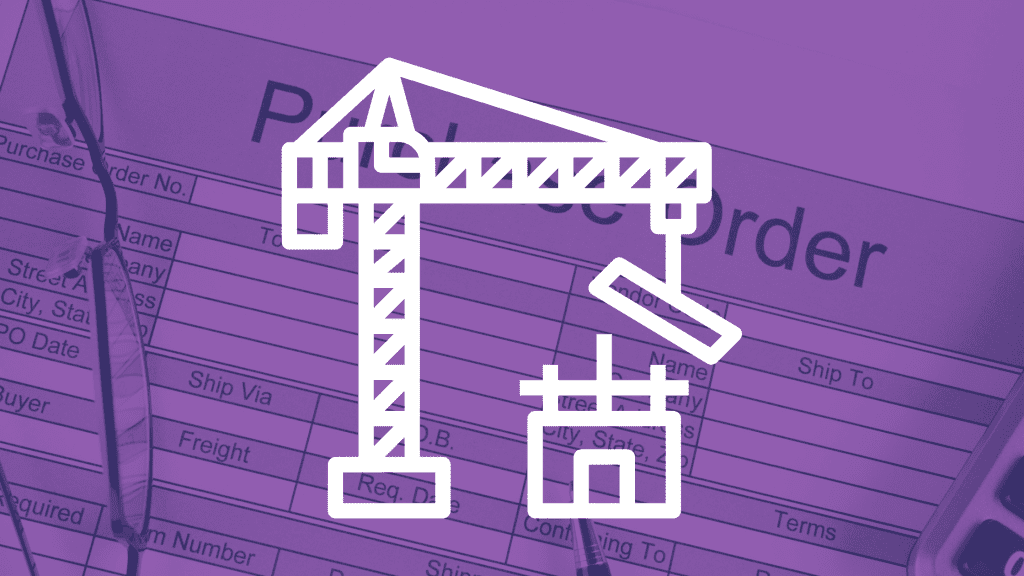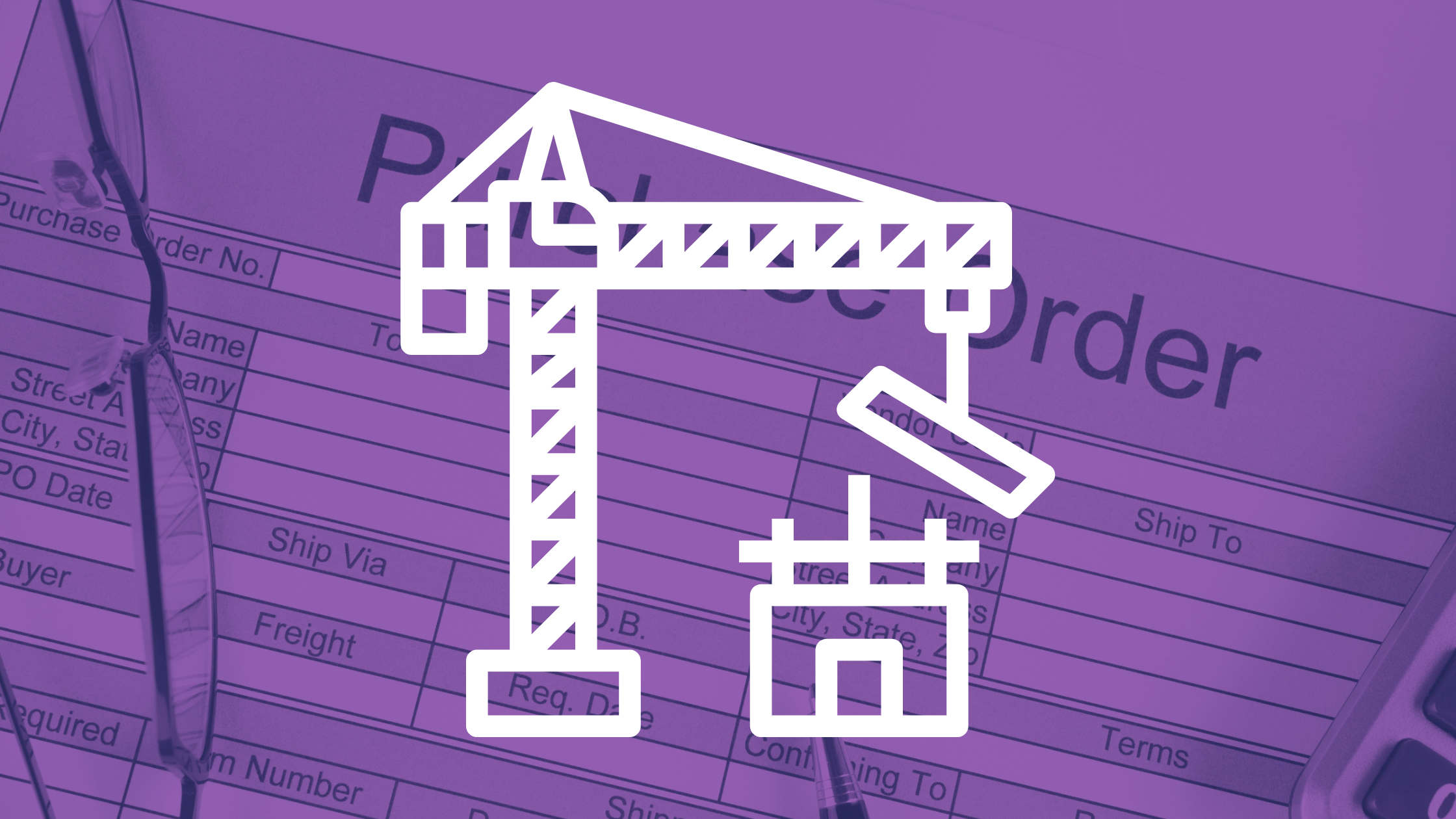
The construction industry has been a part of human activity since the beginning of civilization. From early mud-brick houses to modern skyscrapers, the construction industry has been essential in shaping the physical environment in which we live. Throughout its history, the industry has grown from simple beginnings to a complex and ever-evolving industry. It has seen major advances in technology, the rise of new materials and methods, and an increase in the number of people employed in the sector.
One potential major advance that has been neglected is the adoption of technology which serves to aid in or replace manual paper document handling processes. An initiative that could overcome this is the adoption of Intelligent Document Processing (IDP) practices.
What is IDP?
Intelligent document processing is a technology that uses artificial intelligence (AI) and machine learning algorithms to extract data from unstructured documents. It can automate the process of analyzing documents, extracting relevant information, and transforming them into a structured format that is easy to store, search, and analyze. This technology can be used to extract text, images, tables, and other data from a variety of documents such as invoices, contracts, scanned documents, and emails. Intelligent document processing can help businesses save time and resources while improving accuracy and efficiency of document processing.
The Construction Industry and IDP
A staggering 47% of construction managers stated that still use manual methods to collect data, even though this resulted in over 1,300 hours annually inputting, organising and extracting data from their systems. The types of documents that the industry are currently dealing with range from bidding documents, architectural drawings, schedules, work orders, insurance and more. Adoption of an IDP solution with automatically understands these document formats and is able to execute much of the manual process of identifying, pre-filling, storing and organising digital, printed and handwritten documents can save construction companies hundred of hours every year. Given the average construction wage is around $50 per hour, that could mean up to $50,000 a year in wage savings by adopting an automated IDP solution.
Case Study: Sprint Suite
SprintSuite is an Australian based company that provides engineering-intensive industries services for project and workshop management. They sought out an IDP solution to handle their accounts payable workflow, specifically purchase orders.
Before the adoption of IDP, this process was entirely manual and had data which needed to be transferred across and between systems. After adoption however, their team was able to save 6,000 hours per year that were previously spent manually entering data into their system. Not only was this a cost saving for them, but it also freed up staff to work on other projects, leading to growth in the profit margin.
Conclusion
If you’re in the construction industry and looking for a custom built, IDP solution which uses AI, machine learning and computer vision to automate your manual document handling process, then get in touch with our team today. We have delivered complex solutions to companies as big as Compare & Connect and BDO, and can work with you to develop a free proof of concept!



